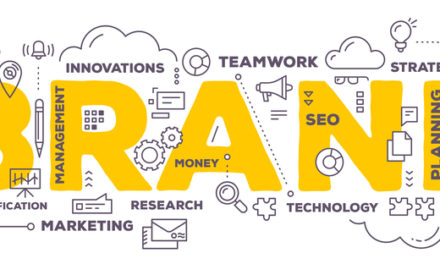
Latest Trends on Sustainable and Responsible Investing
The recent growth in SRI assets reflects a broad acceptance by institutions, professional money managers and retail investors, signaling how far it has come from its early days as a niche investment preference.
To view the full article please register below:
Latest Trends on Sustainable and Responsible Investing
Since 1995, the U.S. SIF: Forum for Sustainable and Responsible Investment has produced a biennial survey of the SRI (Sustainable, Responsible, Impact) asset management industry.
Its most recent report, “Report on U.S. Sustainable, Responsible and Impact Investing Trends, 2018,”1 the assets under management that now consider ESG factors have grown to $12 trillion, an increase of 38 percent since 2016. When the survey was initiated, Sustainable Responsible Investing assets totaled just $639 billion.
ESG is Now Mainstream
The recent growth in SRI assets reflects a broad acceptance by institutions, professional money managers and retail investors, signaling how far it has come from its early days as a niche investment preference.
Consider the survey’s latest findings:
- Over $3 trillion in assets professionally managed for retail investors now incorporate ESG principles.
- $8.6 trillion in SRI assets are managed on behalf of institutional investors, the largest of which are public funds and insurance companies.
- While the largest share of assets use ESG screens, the swiftest growth in assets over the two years ended 2018 was the product-specific category, which more than doubled in assets from $2 trillion to nearly $4.5 trillion (tobacco-related restrictions witnessed the greatest growth of any ESG criteria).
- The top three individual ESG criteria used by money managers were Climate Change/Carbon ($3 trillion), Tobacco ($2.89 trillion) and Conflict Risk ($2.26 trillion).
- The top three individual ESG criteria used by institutional investors were Conflict Risk ($2.97 trillion), Tobacco ($2.56 trillion) and Climate Change/Carbon ($2.24 trillion).
- Interestingly, Board Issues and Executive Pay were the fourth and fifth top criteria for institutional investors, while Human Rights/Transparency and Anti-Corruption were fourth and fifth for money managers.
Of course, Sustainable Responsible Investing is not just about assessing whether a company is pursuing responsible and sustainable practices, but also involves shareholder advocacy.
On that score:
- Shareholders who filed the most proposals on ESG issues were faith-based funds and money managers.
- While only a small share (8.2 percent) of public funds filed ESG-related proposals, public funds accounted for 70.8 percent of the proposals filed when calculated by assets.
- The most popular proposal was related to proxy access, i.e., the ability of shareholders to nominate directors to corporate boards.
- The second most popular proposal was the disclosure and management of political spending and lobbying.
- Proposals to address stranded carbon assets and efforts to curb greenhouse emissions were a close third.
Advisors interested in learning more are encouraged to read the full report.
For more articles on ESG, click here.
Source:
- https://www.ussif.org/files/Trends/Trends%202018%20executive%20summary%20FINAL.pdf
- See referenced disclosure (2) and (3) at https://blog-dev.americanportfolios.com/disclosures/












